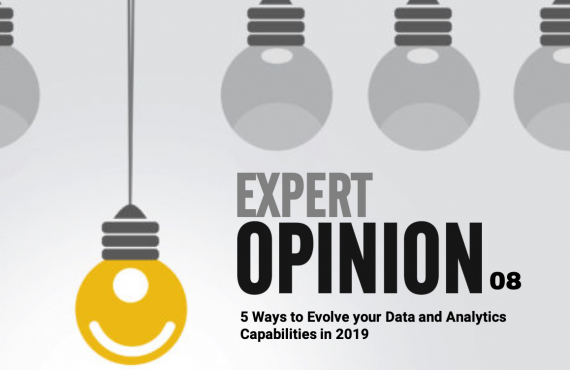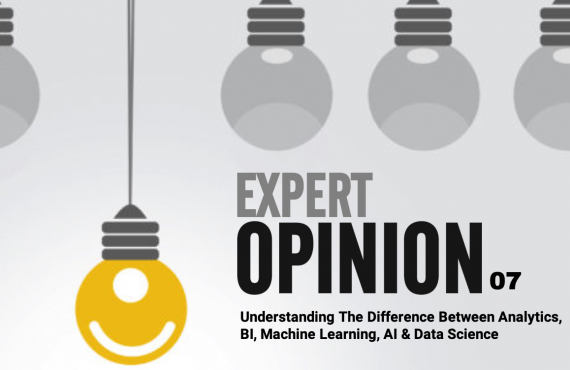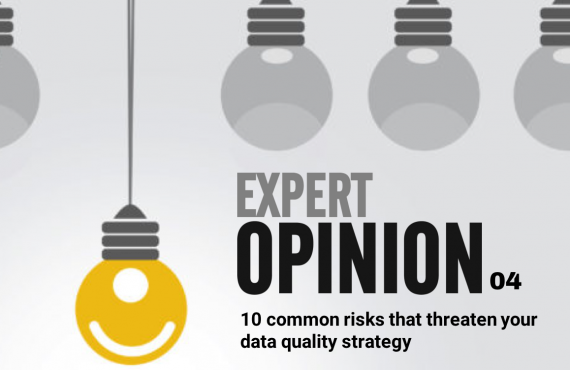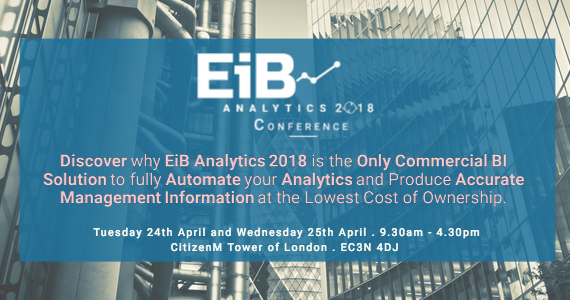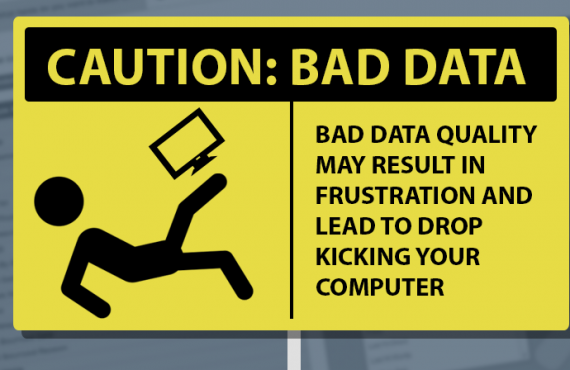In the first instalment of our Expert Opinion series, data and analytics expert Rudraksh Bhawalkar explains the fundamental benefits of managing your data effectively, in order to achieve a bi-modal framework for your business.
‘Water, water, everywhere, but not a drop to drink’. These, the modernised words of Samuel Taylor Coleridge in his poem The Rime of the Ancient Mariner, were penned in the late 1700s. Over two centuries later, we’re facing a similar problem. Like sailors looking out over a vast ocean, today we’re surrounded by a mass of data, but with most of it unavailable for use in our businesses.
Many organisations have amassed many petabytes of data, often stored in inflexible legacy systems that are decades old.
Historically, much of this stored data is never put to use. Now, as more and more interactions with customers become digital, there is an enormous potential to use data to better understand customers and create superior experiences – tailored to certain segments, demographics, or even to single individuals. However, a flourishing data analytics capability is also fundamental to the operations of the organisation itself.
As we evolve from industrial businesses to digital businesses, those companies that do not have a sharp focus on data will fail to keep up with their more-advanced peers.
Data is absolutely crucial for an organisation to realise the promise of ‘bi-modal’ or ‘dual-speed’ IT – a framework in which organisations can achieve resilience and efficiency in their infrastructure, while also being nimble enough to adapt to new technology trends. We believe it is essential for today’s winning businesses to keep a dual focus: on both the ‘run the business’ side (where the goal is to strengthen the core), and the ‘change the business side’ (creating flexibility at the edges).
Strengthening the core requires a professional approach to enterprise data management, data quality, data integration, and the delivery of data to the required users in the organisation. Considering that most of the applications at the core are systems of record – storing sensitive information, customer data, and transactional logs – high data quality is of paramount importance
Creating flexibility at the edges require high levels of responsiveness from an organisation, a state of being finely in-tune with customers’ needs. The applications in this realm, ‘systems of engagement’, must be able to report of customer usage behaviour and trends, to allow the organisation to respond to changing user needs. Often this comes in the form of real-time visualisations showing the most important information, to inspire confident action, and inform strategic decision-making.
To create both ‘strength at the core’ and ‘flexibility at the edge’, a proper data management strategy is needed.
It considers which data to focus on, and how it will be acquired, stored, classified, enriched, distributed, and give meaning or context. If properly set up, data management not only paints an accurate picture of the past and the present, but also starts to reliably predict events in an uncertain future.
We advocate an agile data management approach that considers the role of analytics in both sides of the organisation’s bi-modal operations – to build what we refer to as a ‘720-degree view’ of the customer and the business. Decision management hubs are setup to process massive volumes of incoming data streams. Ultimately, this powers a highly targeted approach to customer engagement, and automated, streamlined processes to ensure customers receive quality experiences with any interaction they may have.
Overcoming our version of the poet Samuel Taylor Coleridge’s paradox, of being data-rich but insight-poor, is no simple task. It requires a concerted focus on data management, which is aligned to one’s business drivers and strategies, and continually managed and enhanced to ensure it remains relevant, as local markets accelerate their pace of digital transformation.
Author: Rudraksh Bhawalkar. Data, Analytics & AI (D.A.A.I) Practice Partner, Wipro Limited
Original Source: IT News Africa
Our Expert Opinion series seeks to provide insight, advice and information from thought leaders across the globe, in the fields of data, analytics, BI and MI. To contribute to our series, please contact lfarrugia@excelinbusiness.com




